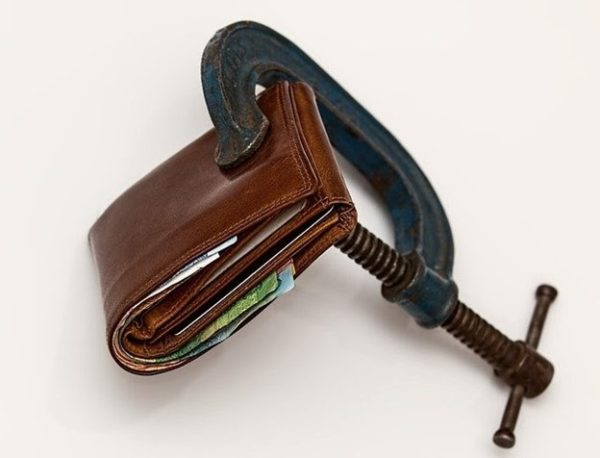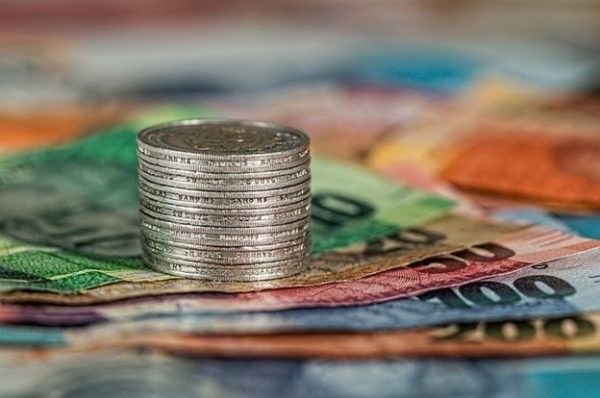Resources versus needs and wants; this is the entire basis of economics. We have limited resources, but there are no limits to what we want and need, so it’s normal to struggle with keeping the balance between the two sides. It can be even more challenging if you are someone who chose to risk it all for an unsteady yet extremely satisfying job. Regardless, with these tips, you’ll be able to master the art of not going over budget.
The Little Things Count
Small expenses can quickly pile up, and it’s often quite hard to understand how they manage to pile up right under your nose. Picture going to a restaurant where you’re met with an incredibly nice waiter. You finish a delicious meal, pay the bill, leave a tip, and go home. A short walk later, you buy a bottle of water and a bag of dog food from a bodega or a mini-mart, but you’re feeling good that day, so you let the cashier keep the change. Now, keep in mind that this isn’t meant to discourage tipping, but the thing is, such small expenses are so insignificant that we often don’t count them as actual expenses. The big picture, however, shows that if you were feeling particularly good seven days a month, and on those days you let a cashier keep the change and tipped a little extra, you’ll end up with quite a significant sum of money. As you will see in the next paragraphs, the key to money management is awareness. As long as you are aware of those expenses – which can be tricky because you don’t get a receipt for “feel good” days – you’ll be on top of your finances.
Know Your Budget
To manage your expenses, you need to have a complete grasp of your income. The first thing you need to understand is how stable your income is. Most people – aside from freelancers, artists, and self-employed individuals, among a few other exceptions – have stable incomes. Stable earners receive a certain amount of money daily, weekly, or monthly. Unstable earners, on the other hand, can have a rough week or two where they don’t make much money, but then sell a big-ticket item or land a big project that keeps them well-off for an entire month. Based on how financially-stable you are, you can then determine how much money you can afford to spend in a week/month, how much money you do spend, and how much money you should be saving. This will help you set a reasonable budget, which is the first step in managing your finances.
Eliminate Unnecessary Expenses
You’d be surprised by how much you can save if you use a refillable water bottle instead of buying disposable ones. Some people know how to save money on such little things, but many opt for convenience, overlooking the significance of these small, unnecessary expenses. Moreover, most people don’t bother looking at their income taxes for ways to save money. Did you know that as a freelancer or an independent contractor, you can save a lot on tax write-offs? You shouldn’t be taxed for your work phone, the gas you put in your car to drive to and from work, or even the clients’ meals that you pay for. But, how do you write those off as tax deductibles? While the expenses are almost insignificant, the folks at Keeper Tax explain that a trusty app or website can help you save a lot of money. If you go to their website, you’ll see how such an app can help you catch even the most hidden write-offs. Legally, any expense necessary for you to run your business should be partially or fully deducted from your total revenue. Being vigilant about facts like that and about other ways through which you can eliminate extra costs is the best way to significantly lower your expenses.

Don’t Ignore Savings
There are many opinions on how you should divide your paycheck once you get it. Of course, this differs for unstable earners because they have to plan a little further into the future by saving more in case they hit a rough patch. For stable earners, though, the most effective approach is allocating 80% of their paychecks for current expenses and 20% for savings. But before you follow that ratio, you must keep in mind that everyone has different priorities. For instance, if you plan on going on a summer trip, you might need to save more than 20% of your monthly income. At the end of the day, how you choose to divide your paycheck is up to you, but as long as you are saving money consistently, you’ll be able to keep up with your expenses.
To sum up, you need to know how much you make and how often you get paid. Then, keeping the small expenses in mind, you should track your average expenses and divide those into things you need and others you want. If you find that your expenses are higher than your income, you need to start looking for the areas where you could be spending more than you should, such as the 1099 form write-offs, for example. Last but not least, make sure to save up a fraction of each month’s pay. Remember that with each amount you save, you are building the ultimate financial safety net.




